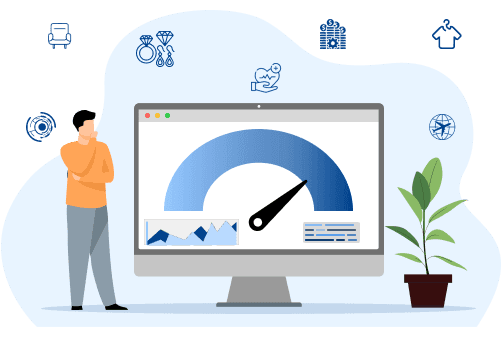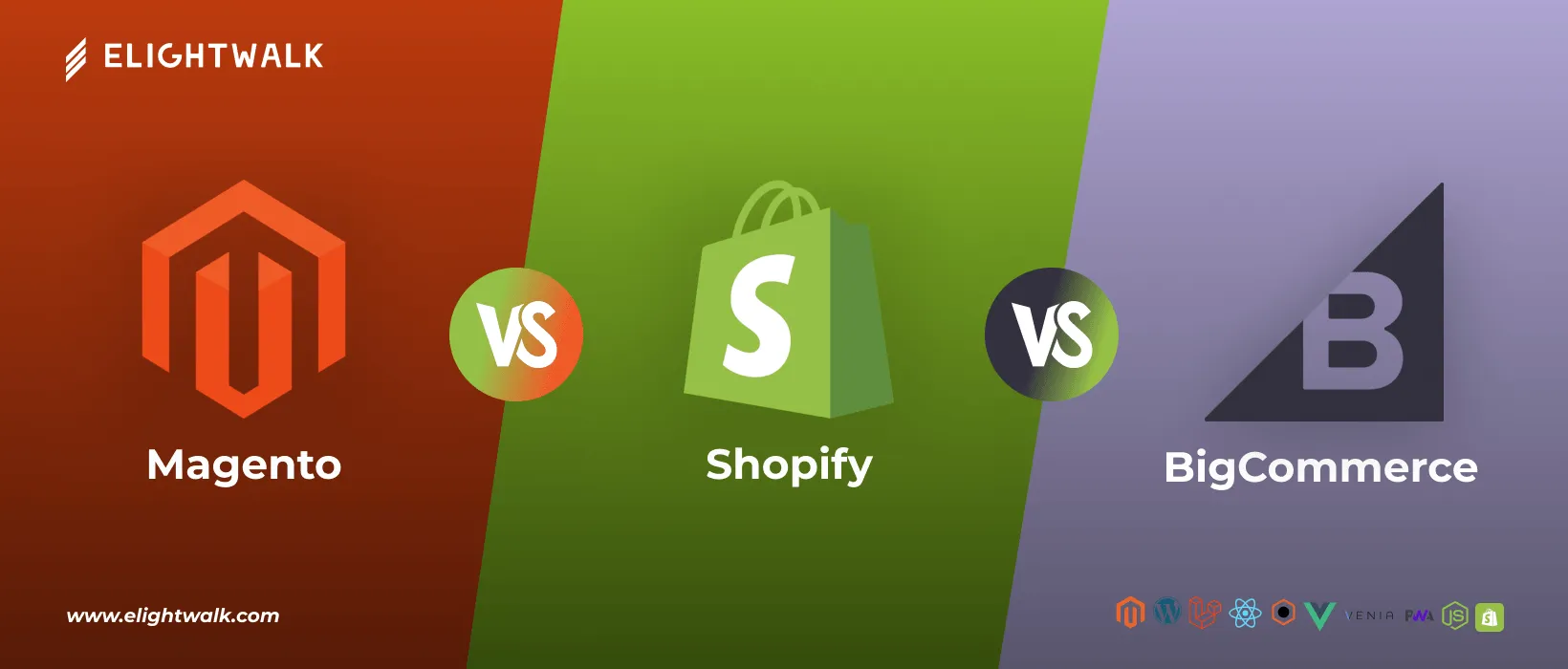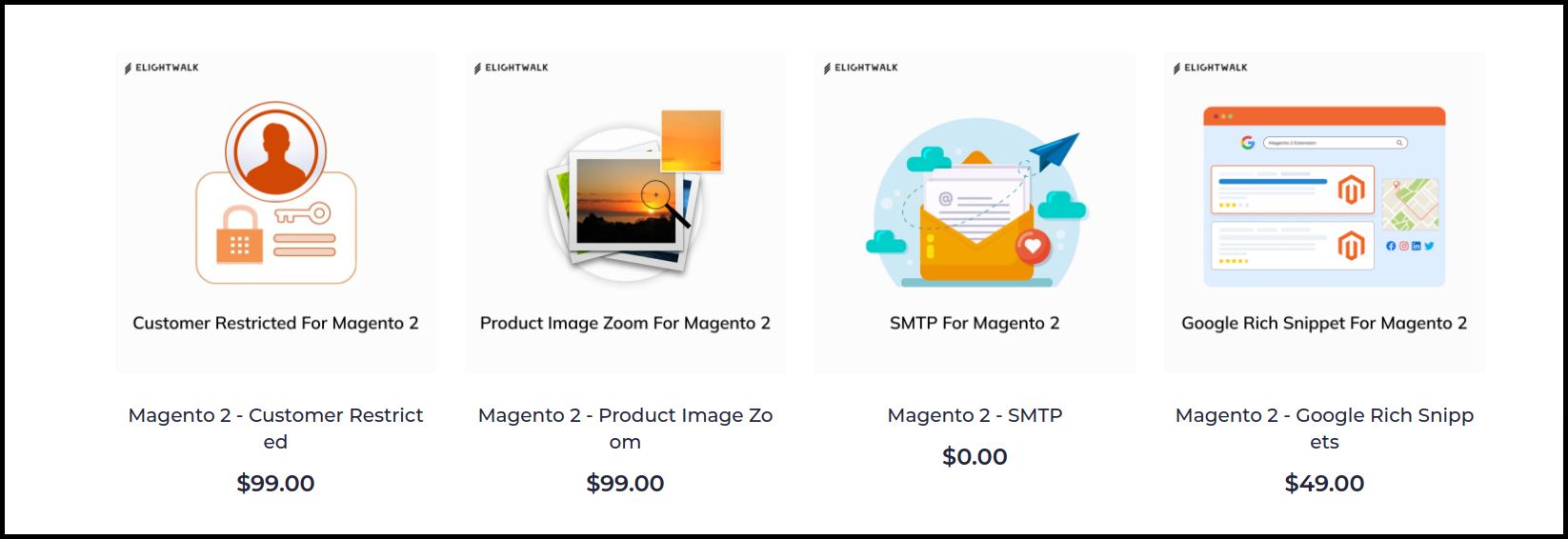Starting an online store is exciting, but with so many platforms out there, choosing the right one can be a headache! With the increasing competition, these e-commerce platforms are looking to maintain existing customers and attract new ones to grow their e-commerce stores. But if we compare e-commerce platforms, Magento, Shopify, and BigCommerce are at the top of the list of feature-rich companies. Also, they have customization options that will suit your e-commerce store needs. They may look similar but are different if we compare them feature wise.
If you are thinking of building an e-commerce store, we recommend these three giant platforms. However, I prefer to read this guide before selecting between these three: Magento vs. Shopify vs. Bigcommerce. This guide can help you make a wise choice that will help you achieve your goals and fulfill the needs of your e-commerce store.
Let's begin by comparing Magento, Shopify, and BigCommerce in detail. We'll have a better sense when we compare these three. Because they have a considerable market share and are adapting to market changes to attract new customers, let us look at this guide.










